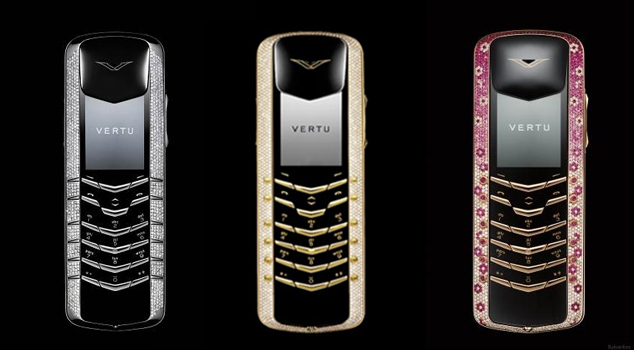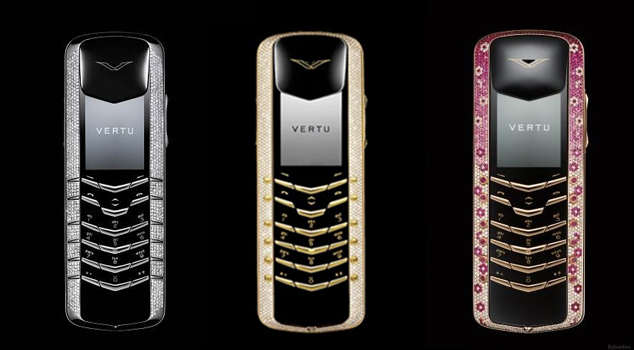

It’s been a long, downward slide for cellphone maker Vertu. The company, founded by Nokia in 1998, was supposed to be a luxury phone provider to the stars and, to a degree, it delivered. They sold the $11,000 phones like expensive watches in boutique stores in tony neighborhoods. Vertu, with its precious metals and fine, hand-cut leather was supposed to maintain its luxury lead for decades.
It didn’t.
The history of Vertu and be defined as Before iPhone and After iPhone. After the smartphone began its ascent luxury became far less important than usability. Devices like the hand-made Vertu and its competitor Sirin seemed to make less and less sense, even with features like sapphire screens and super-secure communication systems.
Ultimately, Vertu could only sell phones to those for whom phones didn’t matter. That audience quickly shrunk over the past decade.
The company will cut 200 jobs with its liquidation. Its current owner, “a Turkish exile in Paris” named Hakan Uzan, wanted to pull the company out of bankruptcy with a £1.9 million payment against a deficit of £128 million. Creditors refused the offer. Uzan says he will maintain the brand and technology and could rebuild the company.
The fall began last year. One source wrote us that “…what went down at Vertu is a 30% voluntary redundancies across the whole organisation, plus temps so actually it’s closer to 50%” in August 2016 and that the company wanted to go downmarket for a moment on a device “with cheaper leather on it for half the price.” It didn’t work.

